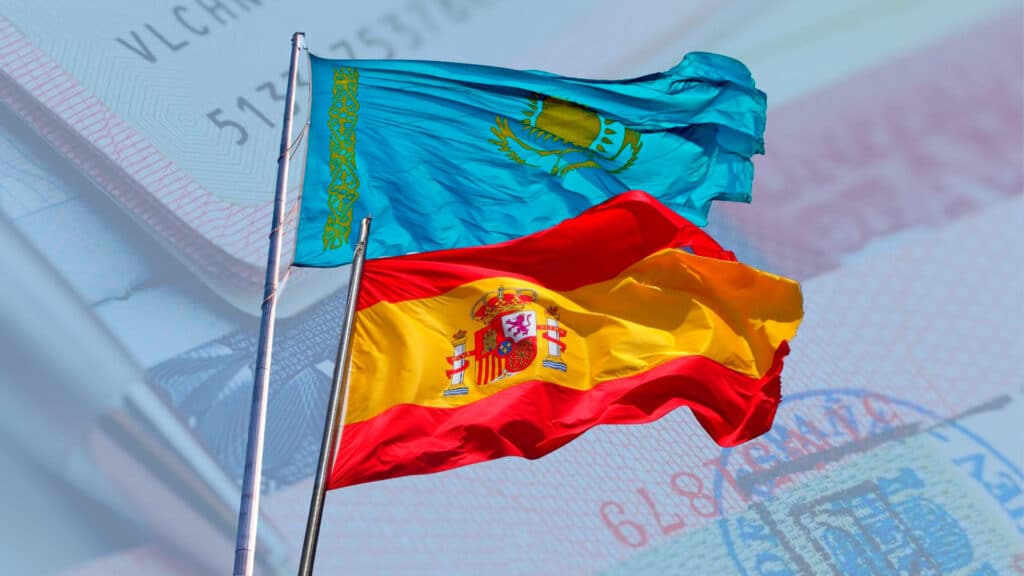Kazakhstan and Spain are to sign readmission agreement

Kazakhstan and Spain are set to sign a readmission agreement, establishing a legal framework for the extradition of those who stay in one of the states illegally.
According to the draft regulation available on the legalacts.egov.kz website, both countries have to accept their citizens back if they violate the migration legislation of a country that is a signatory to the agreement. This means that if a Kazakhstani citizens violate the rules of Spain, they will be sent back to Kazakhstan and vice versa. The two countries insist that this regulation doesn’t hurt human rights.
«The governments of the Republic of Kazakhstan and the Kingdom of Spain are determined to increase the efficiency of combating illegal migration and recognize the need to respect human rights and liberties. The Parties emphasize that this Agreement does not prejudice the rights and obligations of the States under international law, in particular the Convention relating to the Status of Refugees and the Protocol relating to the Status of Refugees, as well as the International Covenant on Civil and Political Rights and international treaties on extradition that the State Parties have entered into,» the document states.
This agreement is also going to be applied to citizens of third-party states and stateless individuals who entered one of the signatory countries from the other. For instance, if a citizen of a third-party country illegally enters Spain from Kazakhstan, they must be extradited back to Kazakhstan.
«The requested party shall, at the request of the requesting party, accept without other formalities any third-party country national or stateless person who has failed or ceased to fulfill the conditions of entry, stay, or residence within the territory of the requesting party,» the draft document says.
The regulation must be applied if the individual in question did the following:
- Illegally entered the territory of the requesting party from the territory of the requested party;
- At the time of filing the application, have a valid residence permit issued by the requested party;
- At the time of filing the application, have a valid visa issued by the requested party.
This summer, Russia announced its intention to expand the list of legal justifications for expelling migrants from Central Asia. One of the new reasons will be the public display of «Nazi symbols.» However, the Russian Ministry of Foreign Affairs didn’t provide any details on the initiative.
Furthermore, Russian authorities have approved a draft law aimed at legal prosecution of so-called Russophobia, or discrimination of Russian citizens by foreigners. The document has yet to be signed by President Vladimir Putin.

